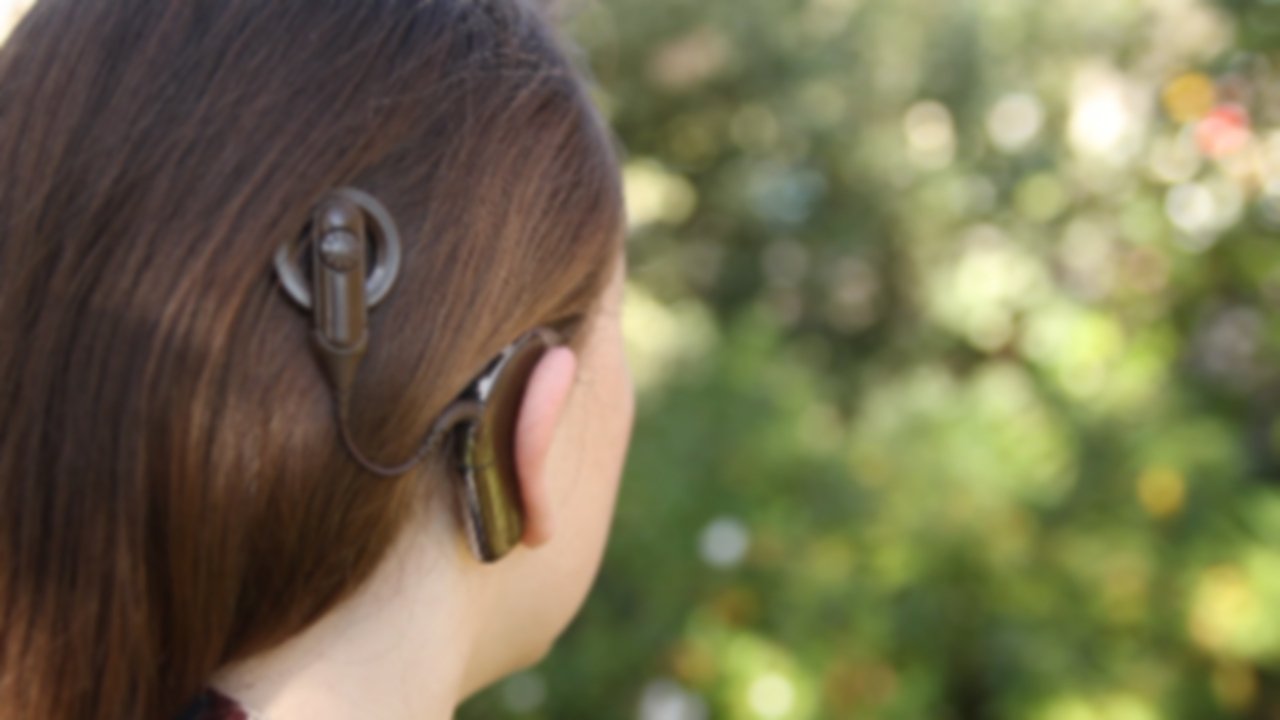
Louder Than Words(NaN)
If your child was born deaf..would you want them to be able to hear?
Jill and Michael Stark are both deaf, as are their two children. Stuck between two cultures and wanting the best future for their children, they make the controversial choice for both of their children to undergo surgery for cochlear implants. They are part of only a handful of deaf parents in the US to choose implants for their children. After this seven year journey, was the result of the cochlear implant what they had hoped for?
Movie: Louder Than Words
Top 3 Billed Cast
Rachel Coleman
Leah Coleman
Aaron Coleman
Video Trailer Louder Than Words
Similar Movies
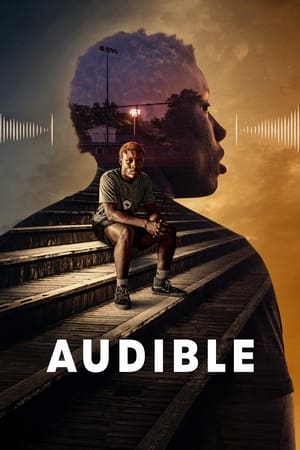 6.9
6.9Audible(en)
Football player Amaree McKenstry-Hall and his Maryland School for the Deaf teammates attempt to defend their winning streak while coming to terms with the tragic loss of a close friend.
 7.6
7.6Deaf President Now!(en)
Discover the story of the greatest civil rights movement most people have never heard about. During eight tumultuous days in 1988 at the world's only Deaf university, four students must find a way to lead a revolution—and change the course of history.
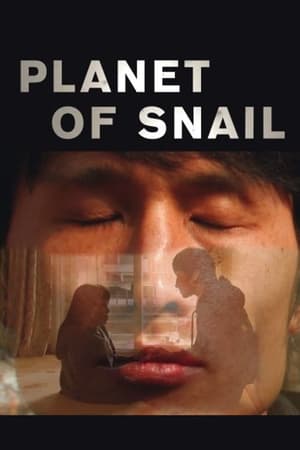 7.1
7.1Planet of Snail(ko)
Young-Chan comes from planet of snail where deaf blind people live slow and quiet lives. When Young-Chan came to Earth, nobody understood his language and he was desperate. Then an angel walked into his life. Soon-Ho knows how it is to be lonely and soon becomes an inseparable part of his life. Young-Chan also discovers an amazing world under his fingers as he learned to read books with braille. Hopes began to grow and he dreams of writing a book. However, Soon-Ho cannot always be there for him because of her own problem of spine disability. The couple now should learn to survive alone. While Soon-Ho uneasily spends her first day waiting for his return, Young-Chan goes out for the biggest adventure of his life.
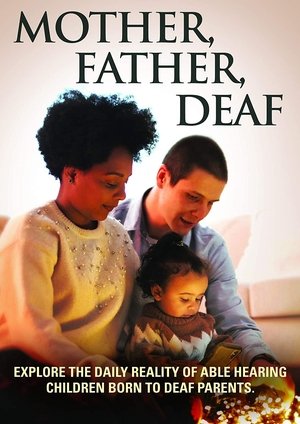 0.0
0.0Mother, Father, Deaf(en)
Children of Deaf Adults, known as CODA, are caught in the middle, between the deaf and the hearing, between isolation and community, and between childhood and adulthood. Through the stories of three CODAs, discover how the unique upbringing of hearing children born to deaf parents can be considered both a burden and an opportunity and how it shapes who they are and who they become. Also hear from the parents themselves about how their condition unwittingly puts an impossible weight of responsibility on their children, who are forced into adulthood from the moment they learn to talk. Mother, Father, Deaf offers a previously unseen portrayal of contemporary reality for deaf families. Their stories, while deeply personal, mirror the experiences of CODAs around the world.
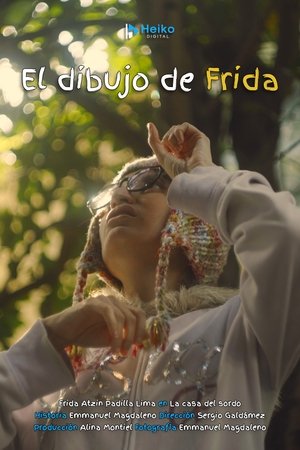 6.0
6.0El dibujo de Frida(es)
Frida, a deaf girl, shows us La Casa del Sordo through her eyes and hands: a space where deafness ceases to be a barrier and becomes the identity of an entire community.
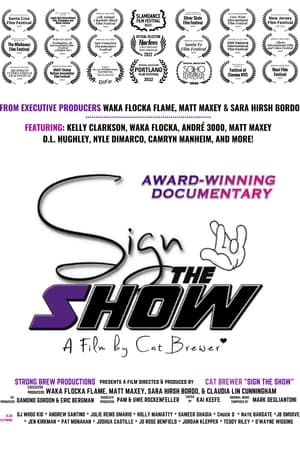 0.0
0.0Sign the Show(en)
Sign The Show: Deaf Culture, Access and Entertainment is a feature-length documentary providing insight into Deaf culture and the quest for access to entertainment. It brings together entertainers, the Deaf and Hard of Hearing (HOH) community, and American Sign Language interpreters to discuss accessibility at live performances in a humorous, heartfelt, and insightful way.
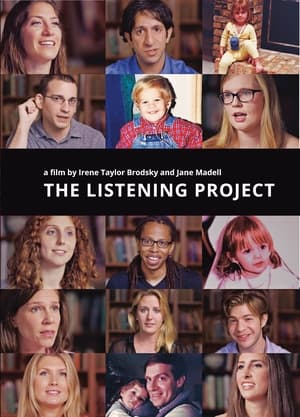 0.0
0.0The Listening Project(en)
The profound impact of technology on the lives and identities of young deaf adults is explored in The Listening Project. Fourteen deaf people tell stories beginning with a childhood wide-eyed about sound, into the growing pains of adolescence and, eventually, their professional lives. Sometimes humorous, always tender, The Listening Project is a timely coming of age story, one we haven't heard before.
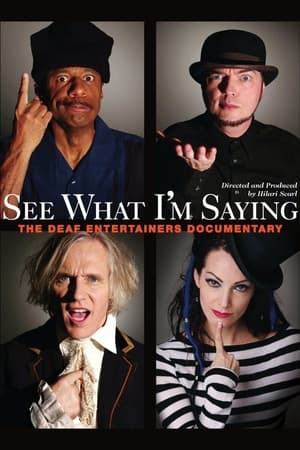 7.0
7.0See What I'm Saying: The Deaf Entertainers Documentary(en)
This inspirational documentary follows four deaf entertainers: a comic, drummer, actor and a singer as they attempt to cross over to mainstream audiences. These uniquely talented entertainers overcome great challenges to celebrate success.
The World at Arm's Length(de)
Sven has a dream. Once in his life he wants to walk the Camino de Santiago - the Way of St. James. But that seems impossible, Sven has Usher syndrome, a disease which slowly, inexorably robs him of hearing and vision. Profoundly deaf and completely blind since 2010, he can only communicate using a special hearing aid in the spoken language.
In a Silent World(en)
Gifted musician Marshall and his wife Terry, a communication professor, were excited to welcome their newborn into their world. But because of her deafness--they had to enter hers instead.
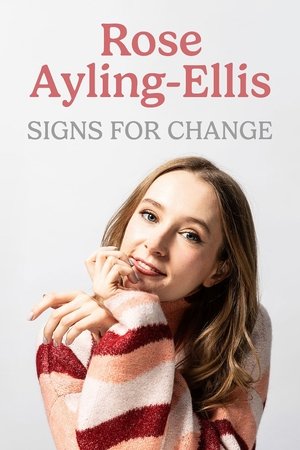 0.0
0.0Rose Ayling-Ellis: Signs for Change(en)
Actress and Strictly Come Dancing 2021 winner Rose Ayling-Ellis reveals the daily challenges, discrimination, and barriers which are faced by deaf individuals.
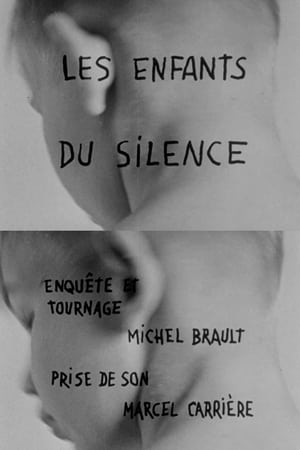 6.0
6.0Children of Silence(fr)
This film looks at the world of children with hearing loss and the importance of early diagnosis. With its straightforward, rigorous cinematic style and intimate approach to the subject, the film focuses on the human rather than the technical side of the problem of hearing impairment.
 0.0
0.0Deafinition(en)
With honesty, humour and heart, Deafinition presents the first-hand narrative of Paul and his experiences being deaf. From the physical day-to-day, social interactions, the intricacies of communication and language, the frustrations and challenges we see it all unfold through the inner world of Paul.
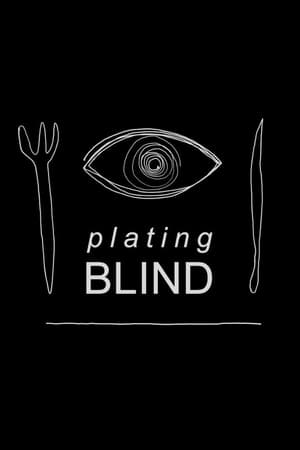 0.0
0.0Plating Blind(en)
Nathan Quinell is a fully trained chef… he also happens to be legally deaf and blind. That’s never stopped him from chasing his dreams to become a full-time cook, but now Nathan must prove himself to his peers, his students and potential employers.
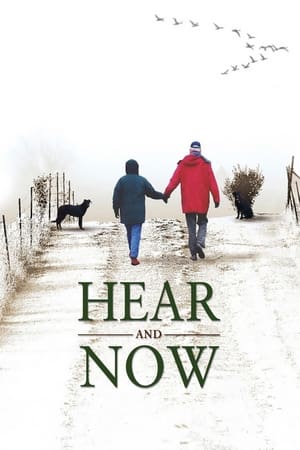 6.8
6.8Hear and Now(en)
Filmmaker Irene Taylor Brodsky aims her camera at her own life to capture the remarkable transformation of her deaf parents, who decided to undergo a life-changing procedure to restore their hearing after spending 65 years in silence. Chronicling her parents' experiences over their first year of having sound in their lives, Brodsky tells a deeply personal tale that moved viewers to bestow it with the Documentary Audience Award at Sundance 2007.
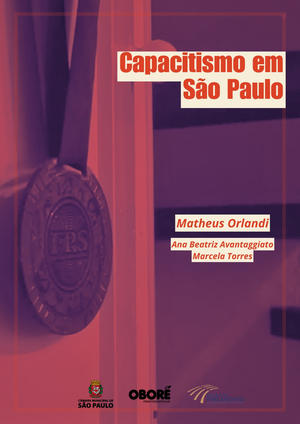 0.0
0.0Ableism in São Paulo(pt)
Through intimate stories and day-to-day routines we get a naturalistic glimpse into the lives of individuals with disabilities in the bustling urban landscape of São Paulo. The film captures personal moments and how modern societies confront (or fail to confront) ableism and inclusion.
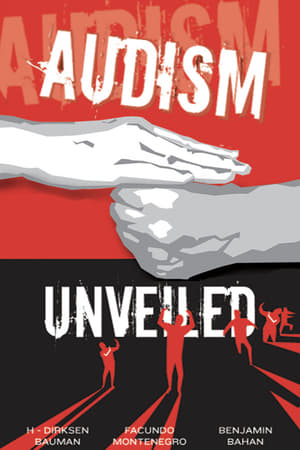 0.0
0.0Audism Unveiled(en)
In American Sign Language (ASL) with subtitles available in English, Spanish and Canadian French. This powerful documentary uses real life experiences from Deaf people of varied social, racial, and educational boundaries showing how this form of oppression does lasting and harmful damage. Bonus materials include directors' comments from Ben Bahan and H-Dirksen Bauman and additional scences. Teachers: This film is a wonderful tool for beginning ASL students, as an introduction to a side of Deaf culture that cannot be found in any textbook.
 0.0
0.0SORDOS(en)
Experimental Short Film Documentary made during the social outbreak, follows 2 Deaf people walking through the outbreak in Plaza Dignidad.
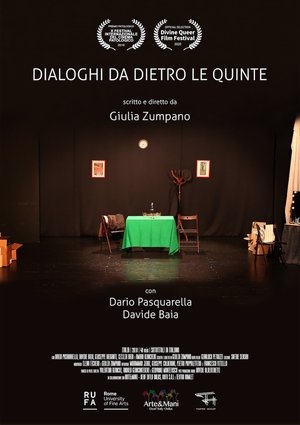 0.0
0.0Conversation Behind the Scenes(it)
A documentary that follows the story of Dario Pasquarella, deaf director and actor, and his company. Through his work, Dario seeks to bring together the deaf and hearing community, who are usually separated by a lack of communication. In his shows he uses both languages, LIS, sign language and spoken language, to tell stories in which the deaf and hearing can live in symbiosis.
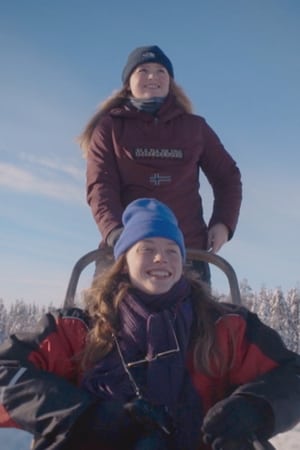 0.0
0.0Before it gets dark(nl)
Lotte (18) and Roos (16) are sisters and both have Usher syndrome. That means they will soon become deaf and blind. It is not known how fast that will go, but they already see and hear a lot worse than their peers. How do these two high-spirited girls deal with their development into adulthood, while the time bomb of deafness and blindness ticks inexorably? They are not deterred from getting the most out of life: Lotte is studying to become a photographer and Roos is passing her final exams. At the same time, they also want to do a few things before it is too late, such as seeing the Northern Lights with their own eyes. Director Kim Smeekes followed Lotte and Roos for the film for two years.

![Louder Than Words -The Documentary [Official Trailer]](https://img.youtube.com/vi/3Iz65NZiFDM/sddefault.jpg)